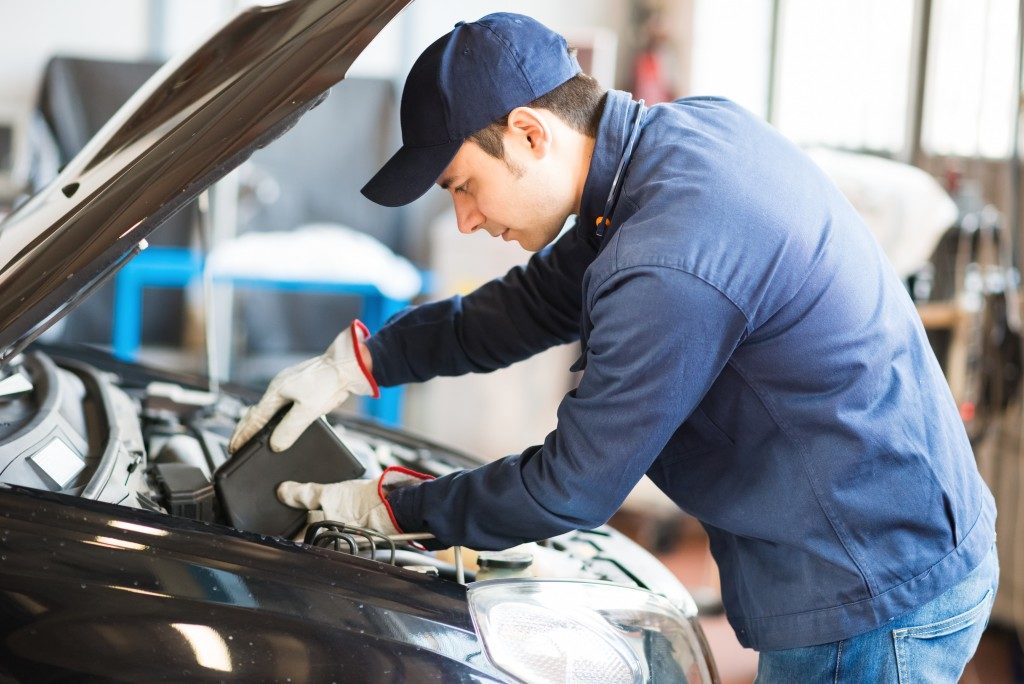When you walk into your garage and see pools of fluid underneath, it should be right for you to worry. Your car’s mechanical parts depend on several fluids to operate smoothly. Any of them might be the victim of that leak. If you want to figure out what is leaking and how to fix it, here are some tips that should help:
Identify the Fluid Leak
The first thing you should do is to identify what type of fluid is leaking. Depending on the results, you will have different responses. Two common leak types are coolant and oi leaks. Coolant keeps your engine cool while running and is found in the radiator, while oil is found mainly in the engine to lubricate all the moving parts. These leaks are usually in front of the vehicle. Gas leaks are also possible. A leaky gas tank can be a major risk since it can be flammable. Transmission and brake fluid are also potential culprits.
Check Out Your Head Gasket
The engine’s head gasket is an essential part that stops multiple fluids from leaking. This is why it should be one of the first things that you should check. Driving with a leaky head gasket is dangerous since it can cause the engine to break down any time. This is mainly because it can mean either your engine loses coolant or oil, which can result in your overheating. Take your car to the closest car shop immediately.
Take note of your car model, though. Different brands can have different requirements. For example, a Subaru head gasket repair might be different from that of a Ford vehicle.
Look at the Gas Tank and Fuel Pump

If the problem is gas, which should be obvious from the strong smell, then you need to be more careful. It could either be the gas tank or the fuel pump line. If the leak is near the front, then it is the fuel pump. Your car’s gas tank is near the rear, so a leak there means it is the gas tank. Try to patch up the leak and take your car to the nearest repair shop. Though it may only be just a few drips in the beginning, losing gas can be very expensive in the long run.
Transmission and Brake Fluid Problems
Some car functions work need a high level of fluid. This is where your transmission and brakes need attention. Transmission fluid is red and is the lubricant for your car’s gear changes. With less of it around, your transmission is going to feel clunky and awkward. It might even stall. As for brake fluid, it is what powers your brakes and you wouldn’t be able to stop without it. It is best to call a tow truck service to take the car to a shop and fix the problem.
having low fluid levels in your car is bad news. It can cause anything from breakdowns to accidents. The advice above should help ensure that your ride will have no leaks in the future and that you can resolve the problem when it arises.





